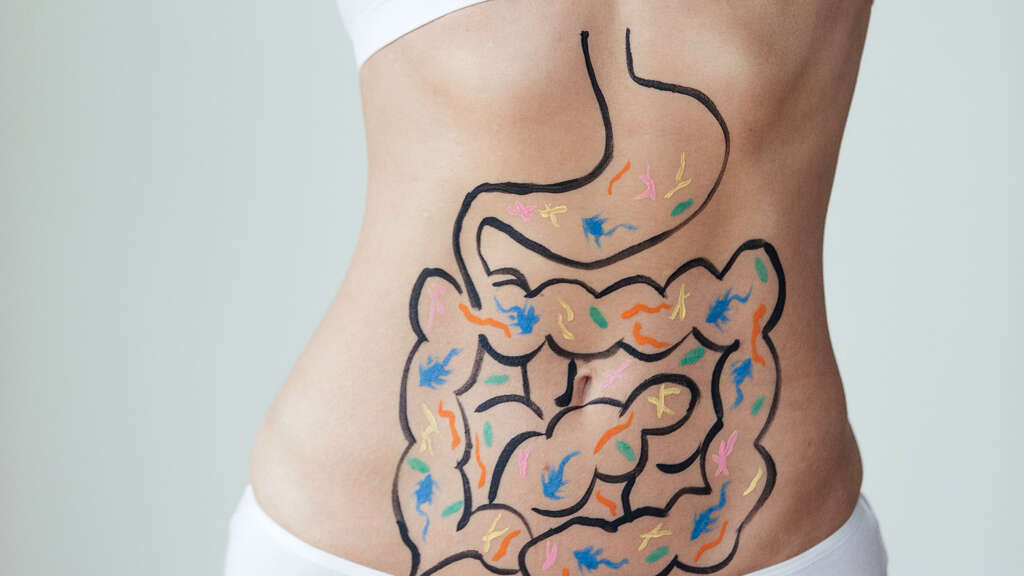Gilbert Syndrome Symptoms
Bilirubin is a compound that is a by-product of the process that breaks down spent red blood cells. The substance is then broken down by our liver, but this is not the case for all people. Some people have defects in their livers that means bilirubin is not broken down in a condition known as Gilbert syndrome.
The excess bilirubin in the bloodstream can cause symptoms in some patients and it can be episodic. The symptoms are usually harmless and the episodes can be triggered by dehydration, stress, a bad diet, or an infection.
This is an inherited condition that requires no treatment and usually has few symptoms if any at all.

1. Malaise
One fairly common symptom experienced in people with Gilbert syndrome is malaise. This is the feeling that you are unwell but without any specific symptoms that stand out.
It will make the patient feel a little under the weather, but not significantly sick. The patient will likely want to take it easy and not be in the mood to get involved with activities.

2. Abdominal Pain
Patients suffering from Gilbert’s Syndrome can experience abdominal discomfort from time to time.
The pain is usually mild and it is episodic as the bilirubin accumulates in the blood. It usually resolves fairly quickly without any treatment but it is important to seek medical attention if you are unsure of the origin of abdominal pain.

3. Appetite Loss
People around the world will be concerned at the slightest sign of any member of the family losing their appetite. This makes sense because a loss of appetite is a sign that somebody is rather unwell, and not eating enough can lead to further health issues.
Gilbert syndrome will make many patients feel as though they just don’t feel like eating. While they may not feel like eating, it is still important that they continue to take on as much food as they need. The symptom may also cause some patients with Gilbert syndrome to begin to lose weight.

4. Dizziness
Feeling dizzy can be caused by a wide range of things. Most of them will be harmless and temporary, and the dizziness will go away leaving the patient feeling fine.
At other times, it can be a sign of an underlying problem that needs attention. Gilbert syndrome is one example of such a problem. Patients with Gilbert syndrome will sometimes find that they experience dizziness for no apparent reason. They will sometimes need to take a seat or lay down to avoid causing themselves any harm. If the symptom continues, you should arrange an appointment with your doctor regardless of the suspected cause.

5. Fatigue
If you eat healthily and get a reasonable amount of exercise, then you should find you also have a reasonable amount of stamina. You might be able to keep on going for longer than other people but everybody will begin to tire out eventually.
Certain medical conditions can also mean that we begin to tire sooner than we might otherwise do. If you have Gilbert syndrome then you are more likely to feel fatigued than you otherwise would. You may feel as though you have no energy to get anything done regardless of how much sleep you had the previous night.

6. Nausea
Nausea is the term given for the feeling that you are about to vomit. Your head will likely feel as though it is spinning and your stomach might also start to feel uncomfortable. It does sometimes result in you physically vomiting, but this is not always the case.
Regardless, feeling nauseous still has the ability to ruin somebody’s day. Many people with Gilbert syndrome will experience nausea and it is often enough to put a real dampener on their day. Despite that, the symptom is only likely to be mild so it should hopefully not be too discomforting for the patient.

7. Brain Fog
We’ve all had days when our minds are just not as sharp as they usually are. For some reason, it can be difficult to focus on any one task and we can sometimes have difficulty finding answers to the simplest of questions.
It is usually only temporary and the “fog” will clear up before long. Some people might experience it more than others, however, and it is often brought on by certain medical conditions, such as Gilbert syndrome. With more than usual bilirubin flowing through the body, the brain is not able to function to its full potential, resulting in slowing down our speed of thought.

8. Diarrhea
Patients suffering from Gilbert syndrome may experience episodes of diarrhea.
This condition is associated with irritable bowel syndrome (IBS) as well, and diarrhea is a common manifestation. It is usually mild and self-limiting but it can be annoying for the patient.

9. Jaundice
People with Gilbert syndrome often have more bilirubin flowing through the blood than other people. Bilirubin itself is yellow in color, and this yellowness can cause the rest of our body to take on a yellow tinge.
The yellow coloration is usually quite mild in Gilbert syndrome and is often noticeable in the eyes only, although this can still be disturbing to patients. Jaundice is not necessarily dangerous in itself, but it is a sign that something is wrong with the liver. While Gilbert syndrome is not dangerous, some other conditions that cause jaundice are, so it is important to get it checked out if you have not done so already.

10. Bloating
There is a link between Gilbert syndrome and irritable bowel disease (IBS), therefore, many patients suffering from Gilbert syndrome can experience IBS symptoms as well.
One of the most common symptoms associated with IBS is bloating. The symptom is usually harmless but it can be annoying for the patient.









